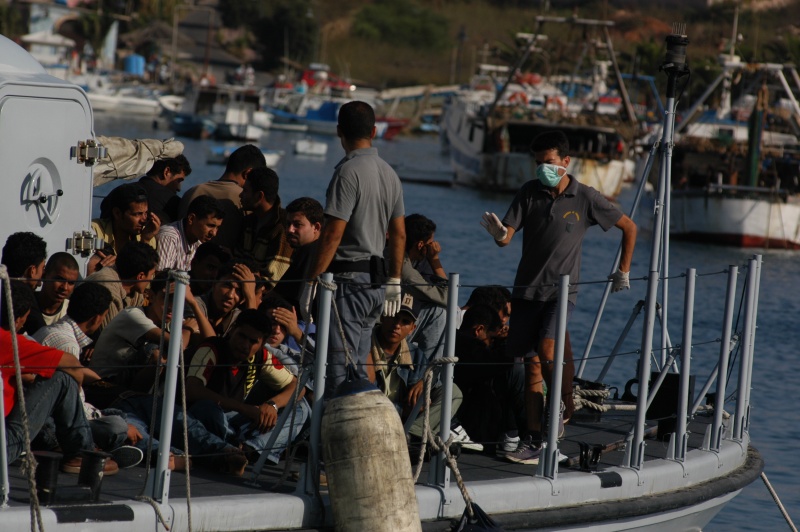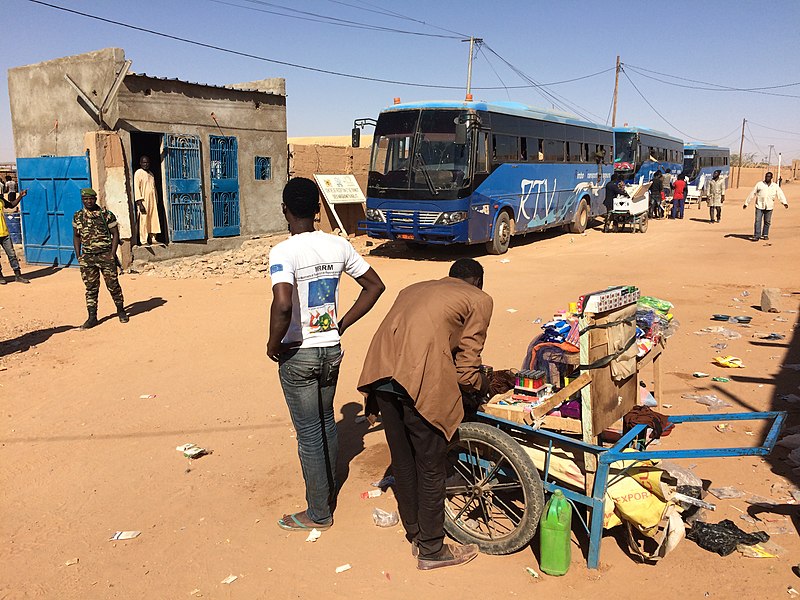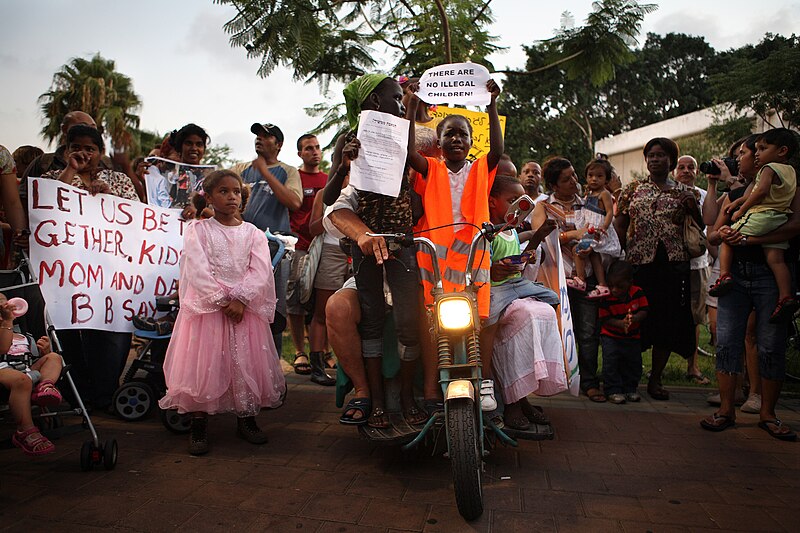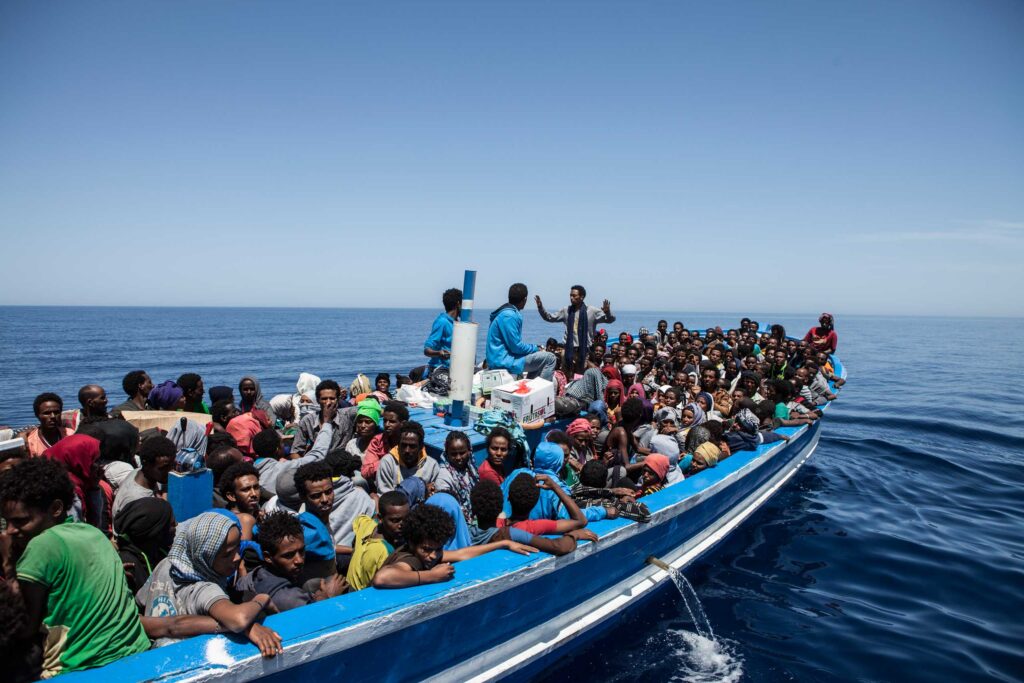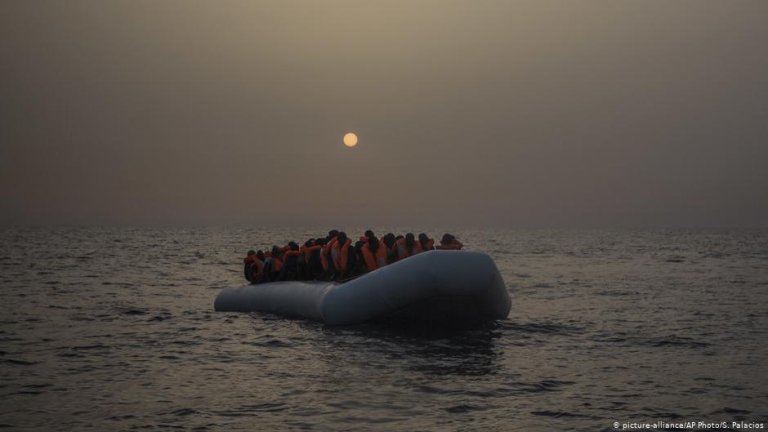Mixed migration flows reflect the complexity of migration patterns and trends. It underlines various migration patterns, including economic migrants, both high and low-skilled, refugees, trafficking victims, smuggled migrants, unaccompanied migrants, stranded migrants, and migrants moving for environmental reasons. Most migrants in the mixed migrant flows do not fit into specific or established legal categories.
Most migrants in mixed flows are confronting sets of vulnerabilities. Their irregular status constitutes one of the major hindrances to their access to protection. Not all the vulnerable migrants can have access to protection. As they face tremendous needs for protection, it is essential to promote a human rights-based approach to address the challenges underlying mixed migration.
The sufferings, hardships, violence, and human rights violations facing irregular migrants underline the need for protection.
International media coverage often spotlights tragic circumstances along the Mediterranean Sea or the Sahara deserts, with group of migrants arriving at a particular point of destination, being stranded, or facing hardships, starvation, abuses, human rights infringements, or death.
The African Centre for the Study and Research on Migration will contribute to enhancing understanding of the challenges related to mixed migration flows by considering the various patterns of mixed flows, including irregular migrants, refugees, and asylum seekers.
The ACSRM aims to enhance understanding and address the challenges in mixed migratory movements involving irregular migrants, refugees, and asylum-seekers. The ACSRM will also scrutinize the challenges related to international protection in African countries and regions facing mixed migration flows, including the East and Southern Africa sub-regions.
The ACSRM will contribute to a deepening understanding of the complexity of mixed migration flows in the African continent. Strengthening livelihoods, family reunification, seeking study and employment opportunities, and seeking protection and human security for migrants and their families are some of the reasons for mixed migration flows.
Irregular mixed migration represents a significant challenge for migrants and their families, governments in origin, transit, and destination countries, and international, non-governmental, and civil society organizations. Migrants involved in mixed migration often face risks and hardships, violence, abuses, and human rights violations. They are in dire need of international protection and the protection of their human rights as well as their access to basic needs in transit and destination countries, which is difficult for them to enjoy due to their often irregular status.
Migrants involved in mixed movements are often vulnerable to abuses, human rights violations, and physical violence, gender-based violence, abuses, detention, extorsion, economic exploitation, destitution, withholding of travel documents, and even tragic loss of life. Mixed and irregular migration flows pose severe challenges to transit and destination countries regarding managing migrant flows and issues about the protection of migrants, especially the vulnerable ones, and national security.

